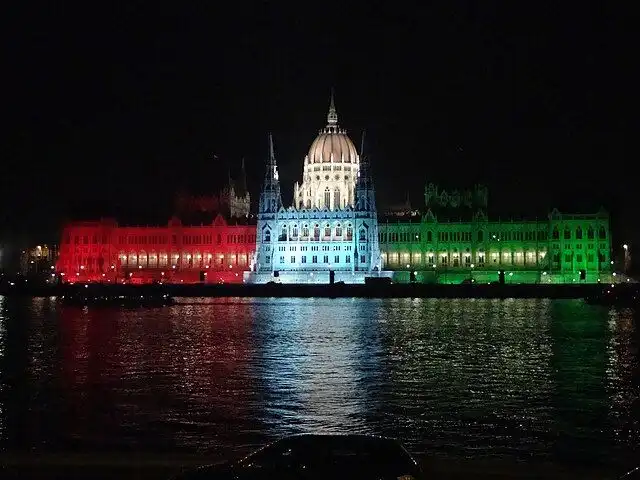
Home>Publications>Les Dossiers du CERI>Central and Eastern Europe: The Democratic Disenchantment
Central and Eastern Europe: The Democratic Disenchantment
Dossier - February 2015

Since their membership to the European Union a decade ago, Central and Eastern European countries have been considered “consolidated democracies” by experts of democratic transitions, i.e. democracies in which governments rather than the regime itself are at stake during elections. Most of all, these are States in which the rule of law is respected. The situation of these countries varies a lot from that of western Balkan States or from the situation of their neighbors of the former post-soviet space.
Joining the club of democracies that the European Union represents was supposed to symbolize a completion of transition, and a point of no return. Yet it must be noted that there is no “end of history” in such matters and that the conditionality lever that had contributed to the setting-up of democratic institutions lost its efficiency once membership occurred, while simultaneously, the Union itself was—and still is—going through a crisis of democratic representation (oscillating between technocracy and the populist/nationalist temptation), that is no longer the sole problem of eastern countries but of all Member states, be it at different levels. Finally, and maybe above all, a general reflection on “democratic disenchantment” should in no way eclipse the great variety of situations that this Dossier allows to shed light on.
Follow us
Contact us
Media Contact
Coralie Meyer
Phone : +33 (0)1 58 71 70 85
coralie.meyer@sciencespo.fr
Corinne Deloy
Phone : +33 (0)1 58 71 70 68
corinne.deloy@sciencespo.fr
